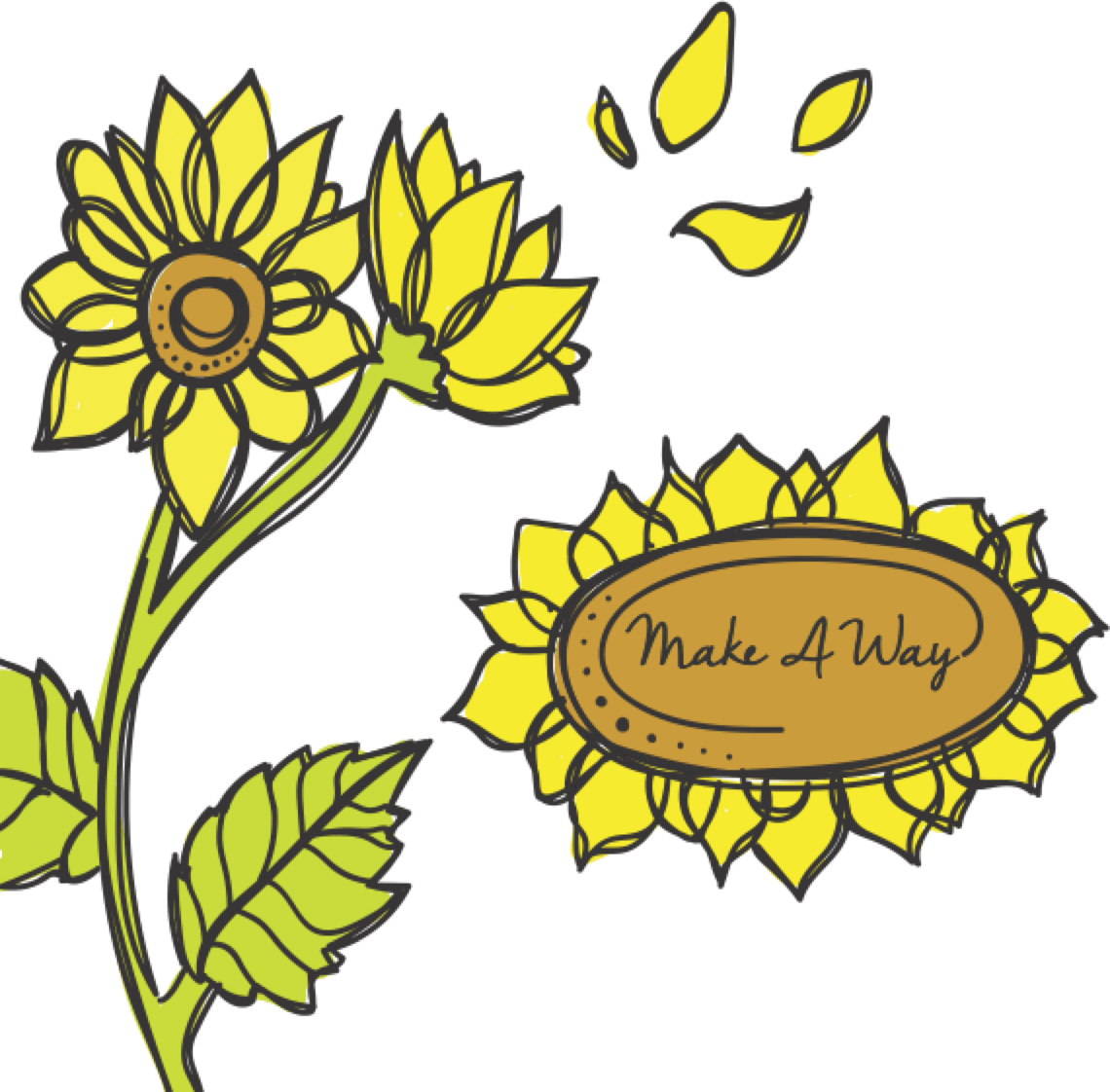When you’re working to make a dream come true, it can be difficult to find the financial resources to support that dream. For many people, this can be the one thing that holds them back. Maybe you don’t have a lot of money to put towards the dream– or you are scared to put in the little money you do have. What do you do?
If you think you don’t have money to put towards your dream, step back and reassess. Sometimes we get into financial habits that feel necessary but are really choices. So think about the choices you are now making with money. Could those be changed and the money be reallocated towards making a dream come true? Remind yourself that dreams often require sacrifice.
For instance, maybe every weekend you go shopping on Saturdays and then out to dinner and a movie. In this day and age, this could add up to a hundred dollars or more (especially if you are doing it with a family). Could this become a once-a-month activity to free up money to save toward a goal? Remember that this is just an idea. Not all of us are able to do the same weekly activities. What you do decide to sacrifice will be a personal choice only you can make.
Some dreams, like opening a business, require more funds than simply changing habits. Believe it or not, there are all kinds of grants to help entrepreneurs launch their dreams. If you are a veteran, a woman, or part of a minority, there are special programs at the federal, state, and local levels just for you. But there are also many entrepreneur and small business programs for everyone.
Connect to groups in your community and keep your eyes and ears open.
If you have a solid support system, you may find that a crowdsourcing option is the way to go. Continue to build your network of contacts and colleagues who you share your dream with; often you can find plenty of support within your own family, friend, professional, church, or neighborhood network. Especially when they see you working hard.
If the financial mountain seems too tall to scale, think about making your dream happen in smaller increments so you aren’t faced with something that feels so overwhelming. There are several booksellers across the country that have, or had, book trucks with the goal of eventually having a brick-and-mortar bookstore. Starting small doesn’t mean you’ve given up on your dream; it means you’re making progress.
One of my favorite examples of this is a story I saw on the morning news. A woman named Mignon Francois was $70,000 in debt and had $5 to her name when someone asked her to make cupcakes for an event. She took her last $5 and made those cupcakes. The money she made from selling the cupcakes went right back in to selling more cupcakes. $5 turned into $25. $25 turned into $100. $100 turned into $1,000 and now, today, she has a million dollar business. That’s how dreams work. They work when you do. We do not all have extra money lying around or the help of a business loan. Being steadfast and creative is all the currency you need.
Progress, even if it is slower or smaller than you’d like, is still movement forward! And that is the mindset we must hold on to.
Be sure to follow the hashtags #HowToDream and #MakeAWayMindset for more tips! Dreams also need support.



